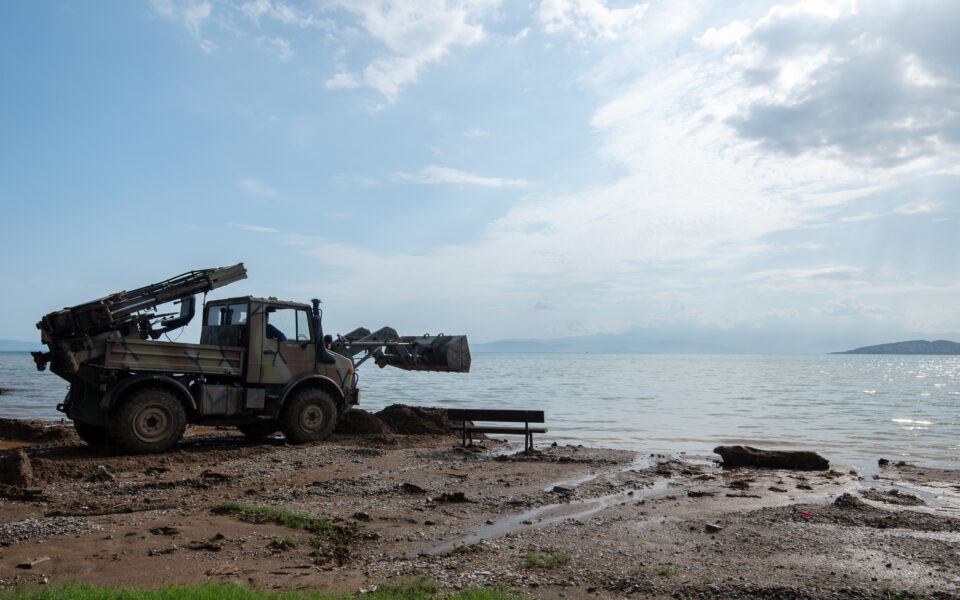Local elections to test conservatives
Natural disasters might affect support, but dissenters are bigger headache than the opposition

The local and regional elections that will take place on October 8 – and the 15th for runoffs – were supposed to be of limited importance, following the ruling conservative New Democracy’s triumph in the May and June national elections.
Successive natural disasters – wildfires in August and floods in September – along with the election of an unconventional political neophyte as opposition leader have added more than a dose of suspense. Will the government be punished for its management of the disasters? Will the new left-wing SYRIZA party leader excite the voters?
New Democracy controls 11 of 13 of Greece’s regions; in one, the North Aegean, the incumbent is a conservative dissenter; and in Crete, a former socialist lawmaker is running as the heavy favorite to win a fourth term. In 2019, Stavros Arnaoutakis was backed by SYRIZA and the socialist PASOK. This time, New Democracy, opting for the “if you can’t beat them, join them” strategy, has decided to endorse him, while SYRIZA is running its own candidate.
With recent opinion polls, the first ones since the double elections and also since the natural disasters, not showing much of a dent in support for New Democracy and no lift for SYRIZA, the danger to New Democracy’s dominance comes from three dissenters, in the regions of the Ionian Islands, the Peloponnese and Western Macedonia. It is also unknown how the recent flooding will affect the candidacy of the incumbent conservative governor of Thessaly, Kostas Agorastos, who, until a month ago, appeared to be a shoo-in for a fourth mandate. His main challenger has the support of both PASOK and SYRIZA, one of only three regions in which both parties support a common candidate.
Socialist leader Nikos Androulakis, who saw Stefanos Kasselakis monopolize media attention as he was catapulted into SYRIZA’s leadership, still aims to supplant the latter as the main opposition force. And local elections are favorable ground, since PASOK remained better implanted in local government than SYRIZA even as its national support plunged from 40 percent before the financial crisis into the single digits while SYRIZA’s shot from less than 5 percent to 35 percent in 2015, before dropping to less than 18 percent last June. The trouble for Androulakis is that his party, although somewhat revived, remains in third place in the recent opinion polls.





